At Tropical Diaspora® Records we are committed to create a narrative, musical and otherwise, about the people that crossed the Atlantic from Africa to the “Americas” and gave rise to different cultural expressions that reflect both the horror and hope of that experience. In creating such a narrative we are however aware that the tools we use to communicate our idea and mission are shaped by the historical narrative of the imperialist powers; the hegemonic role that, for example, language play: French, English and Portuguese in Africa; Spanish, Portuguese and English in the “Americas“. We are even to blame for using English as lingua franca for our purposes. But, is it silence a better option? We won’t be silent. We want to speak; we believe that we have the right to speak and will use whatever means we have at our disposal in order to open up a communicative interface that is respectful of the history and legacy of the communities whose experiences, struggles and worldviews steadily groove like in a vinyl record our own work at Tropical Diaspora®.
As we carry out our musical research we come face to face with the question of how to address the cultural life of communities that only became part of the historical record from the moment Europeans became aware of their existence, which further means that their history is shaped by the way of looking at, by the narratives of the Europeans traders and colonialists, terms that from the perspective of colonized continents would be better described as genociders and criminals.
We oft refer to the “Americas” in order to emphasize the unity of the continent from the north to the south, or we speak about the African Diaspora. However, are these terms accurate? Since the word “America” is a derivation from the name of the Italian explorer Amerigo Vespucci as generalized by the German-Flemish cartographer Mercator, it is clearly inadequate to designate the rich complexity of the original communities living in the continent. The term “America” signals the coming into history of these people from a European perspective. But this history is not their history.
We, at Tropical Diaspora® Records, are committed to purge our language from any sign of disrespect. And this statement wants to be a first step. We oblige ourselves to empower language and fill it with meanings of struggle and emancipation. Our language is music. We emphasize cross-cultural experiences that show the manner how communities take their past and present into their own hands. And we are glad to be an instrument for this purpose. Our collection of records Bugiganga Tropical goes in this direction, as well as our recent tribute to the social revolutionaries Sócrates Brasileiro Sampaio de Souza, better known as Dr. Sócrates, and Hydée Tamara Bunker aka Tamarita or Tania in a 7 inch record by the Bolognesi El V and the Gardenhouse. It is this powerful social internationalism what we understand under the name of ‘the Americas’. And in this manner we follow in the footsteps of the great Fela Kuti, who created a powerful truly Pan-African musical language that today is conquering the world.
Dj GArRincha on behalf of Dr. Sócrates

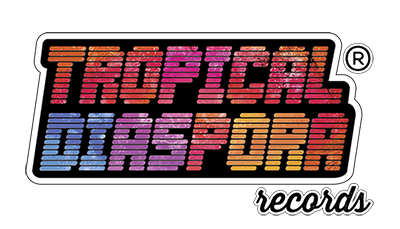

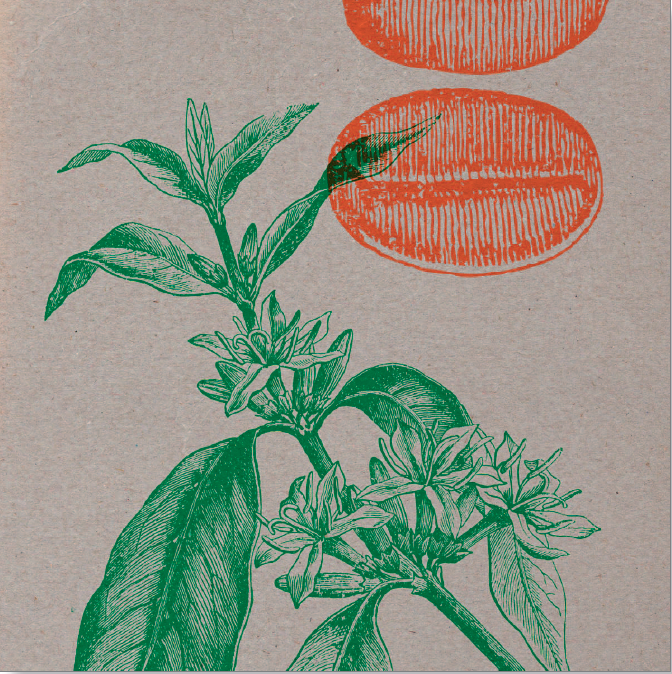
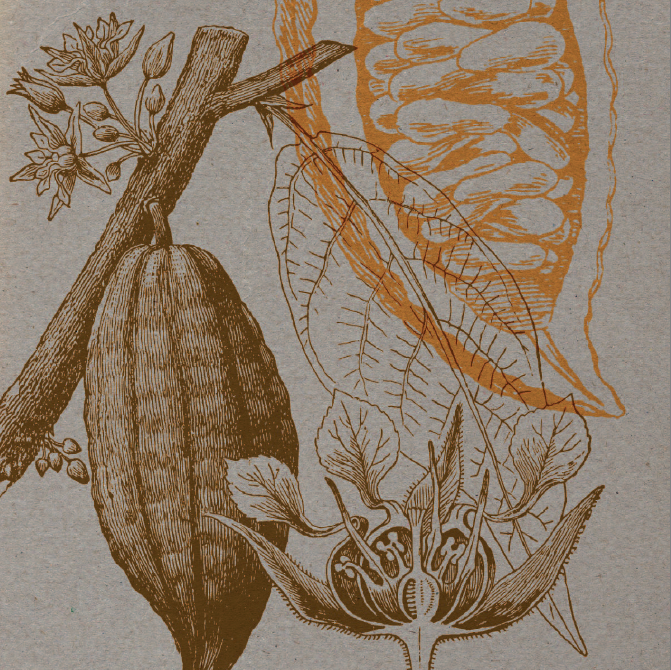
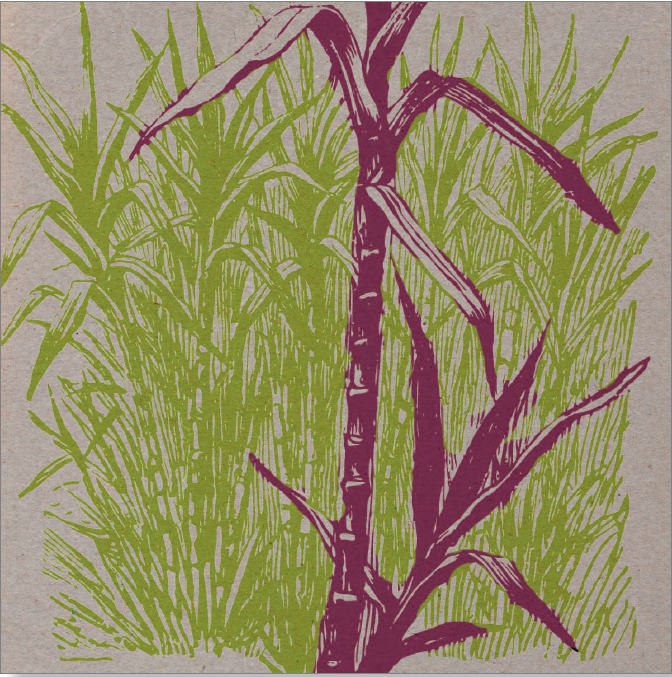
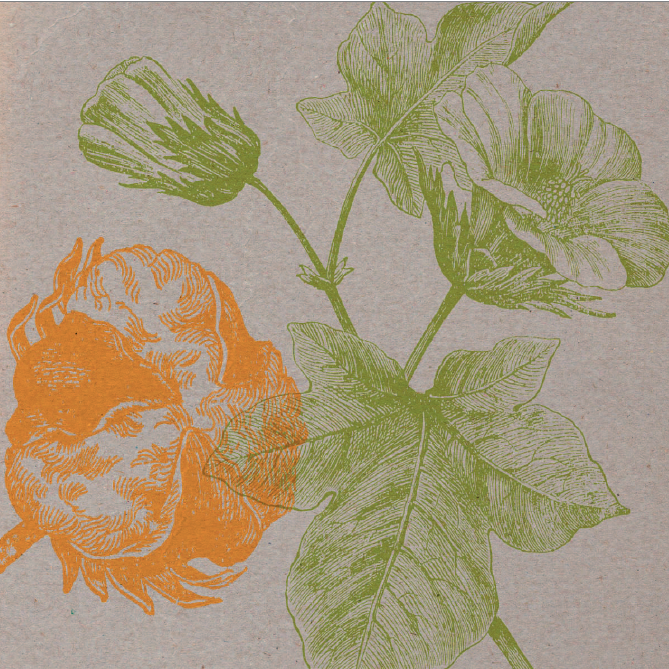
Social